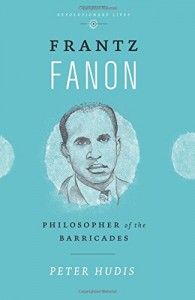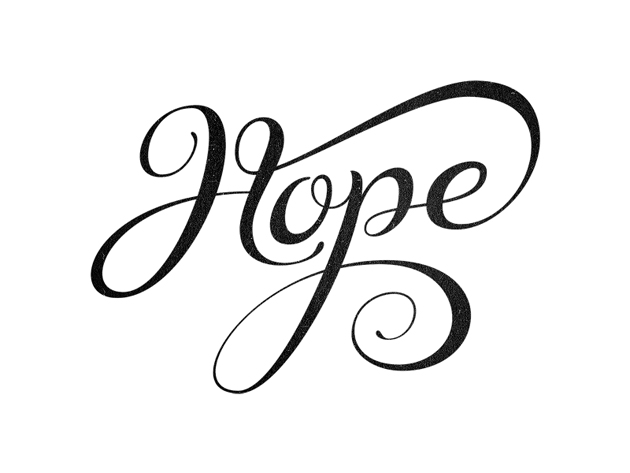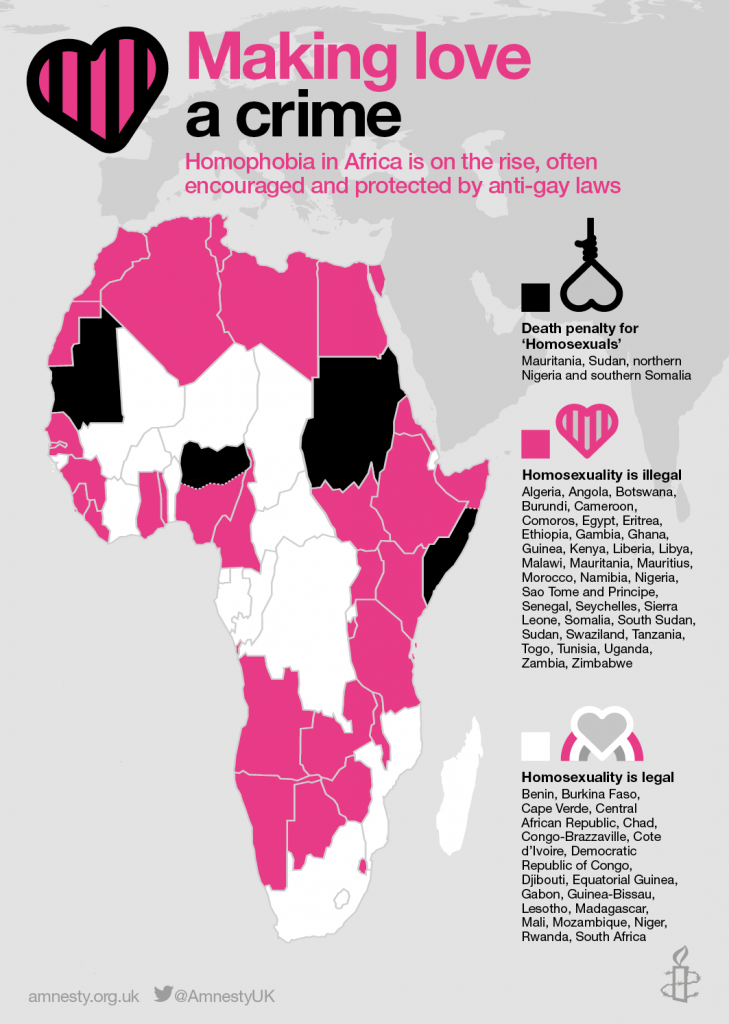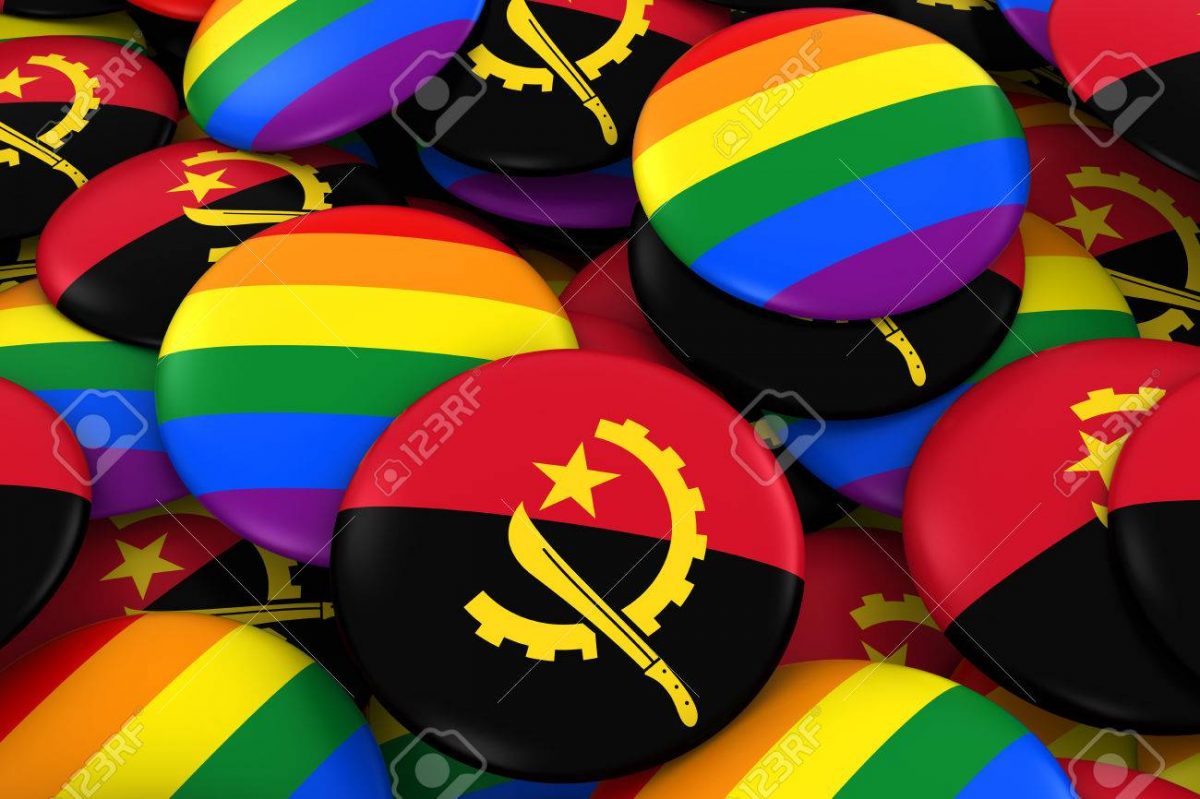The relevance of Peter Hudis’s Frantz Fanon: philosopher of the barricades on Frantz Fanon’s revolutionary ideas to achieving universal human emancipation cannot be overstated. Hudis has been instrumental in helping me make sense of the current student politics, amongst other things, in South Africa because he writes Fanon for our times. Hudis sees it as a matter of extreme importance that Fanon is read in context. Fanon mostly writes in the 1950’s and 1960’s. During this time the Algerian revolution is underway, African countries are “receiving” independence from Europe. The word “receive” independence is deceiving and therefore problematic. Firstly it’s as if Africa’s independence was Europe’s to give, and secondly wars were fought for independence, it was not given. Nonetheless … In 1960 alone 17 countries gained independence from Europe, most of which were French colonies in West Africa. The African national movements were instrumental to ensuring independence. A very specific time in history, with very particular politics, and all of that has to be considered when discussing Fanon’s thoughts and how they are applicable to the South African context in 2016.
This is not a book review. I am pulling out three sections from Peter Hudis’s book that are helpful in making sense of the current student protests in South African universities. Of course the philosophies of Frantz Fanon are applicable to life in South Africa beyond the academy. The three sections I take from the book, for me, speak to the complexity of the current political moment, but also how we can think through this moment. The sections I have decided to highlight and write about in thinking through our current political climate are: the lack of ontology of blackness, the necessity to engage colonialism as a genesis of where we are, and lastly Fanon’s ideal of achieving universal human emancipation. The selected sections from the book, I write about them insofar as they are relevant for us in South Africa.
The philosophies of Frantz Fanon have been part of the current student movements in South African universities. Lines like “we can’t breath” have become part of the vocabulary of the movements. This was a statement screamed out by Eric Garner in NYC when he was being strangled by white police officers. Before Garner popularised this powerful line, it was a much-quoted Fanonism: “When we revolt it’s not for a particular culture. We revolt simply because, for many reasons, we can no longer breathe.” Fanon has been heavily invoked in the student movements in university campuses all over South Africa. The current political climate at university campuses across the country necessitates a close, contextual reading of Fanon. It necessitates an engagement that asks, what does Fanon mean for us in the current South African political climate (which universities are part of), because surely what it taking place at the university is linked to wider social issues.
Peter Hudis’s book is invaluable in helping us think through the current political moment using Fanon’s philosophy as a guiding light. Fanon’s philosophies are powerful, and they contain within them the roadmap to liberation, but they require immense intellectual labour. We need a meaningful engagement with Fanon’s theories if they are to aid us in grappling with the current political moment. It is this considered engagement that will potentially aid us in formulating an appropriate response to the moment. This is why I think philosopher of the barricades is a necessary read for ALL of us interested in the current political moment. Firstly, this book helps us understand Fanon’s preoccupation with the lack of ontology (existence) of “blackness” – which I see at a point of departure in our engagement with the South African political moment. Hudis writes:
“Unlike the Jew, who (as Sartre discusses in ‘Anti-Semite and the Jew’) is over-determined by the view of themselves that they have interiorized from gentile society, blacks, Fanon contends, are ‘over-determined from the outside’ – that is, they are ‘slaves to their appearance.’ Colonial domination, a rather arbitrary social construction, creates over time a certain way of ‘seeing’, in which skin colour is presumed to have determinative importance. The individual becomes fixated on the supposed ‘fact’ of the person’s blackness. This defines not only the colonisers view of the colonized, but also the colonized view of themselves; they are ‘fixed’ and defined by the ‘gaze’ of the Other. Their ‘being’ is defined by the other – not by themselves. The black comes to see themselves as ‘black’ because of the distorted gaze of the white – who is unaware of the peculiar nature of colonial and racial domination. And since white society tends to associate ‘blackness’ with every negative trait imaginable – again, as a result of its need to justify its domination over them – blacks come to view themselves as inferior to whites. For this reason Fanon writes, ‘the black man (people) has no ontological resistance in the eyes of the white man (people).’ Ontology refers to the nature of being – it is the study of what constitutes the real. Fanon contends that there is no ontology of blackness, since ‘blackness’ is not a ‘natural’ reality – it is not a form of being that just ‘is.’ Blackness is instead a construct of specific social relations. It is produced, fabricated, not simply given. The black ‘exists’, as black, only in relation to the white: there is no pre-existing black essence that a black person can fall back upon. In other words, blacks ‘exists’ and are defined in negative self-relation to what they are NOT.” … Understanding this is a crucial starting point to understanding and genuinely engaging what’s going on around us.
Linked to the first point about the lack of ontology for “blackness”, a major problem with our analysis and discussions of the current political moment is the lack of historical context. Discussions about why we are where we are are often without any historical considerations. Racism as we have come to know it developed under very specific economic conditions of domination and exploitation such as slavery and colonialism. In South Africa colonisation is something we seem to skip over when we talk about our current political milieu, but it is the genesis of the struggle against white racism. It is the current student movements that have brought the issue of colonialism to the fore by demanding a decolonisation of higher education institutions. When the black students at campuses around the country are talking about economic hardships, having no access to residences, bringing a shack to campus to demonstrate the lack of housing not only on campus but in their communities, they are highlighting (intentionally or not) that the inferiority that plagues the black psyche has it’s origins in economic subjugation, but obviously thereafter “takes on a life of it’s own that surpass that of the economic.” So the socio-economic problem is not divorced from the psychological problem. In South Africa the phrase “human dignity” is often loosely thrown around without any real considerations on what it means for everyday life of black South Africans. This is something the ruling party is very guilty of doing. There is no dignity in poverty. There is no dignity in not having proper sanitation. Poverty is often wrongly framed as a personal failing, ignoring all the colonial history that created the social structure that enables poverty and sustains it. As Hudis demonstrates racism can only be overhauled by dealing with it on both the socio-economic and the psychological level. Hudis notes:
“Fanon adopts a socio-genetic approach to a study of the psyche because that is what is adequate for the object of his analysis. For Fanon, it is the relationship between the socio-economic and psychological that is of crucial import. He makes it clear, insofar as the subject matter of his concerned, that the socio-economic is first of all responsible for the affective disorders: ‘First, economic. Then, internalization or rather epidermalization of this inferiority.” Fanon never misses an opportunity to remind us that racism owes its origin to specific economic relations of domination – such as slavery, colonialism, and the effort to co-opt sections of the working class into serving the needs of capital. It is hard to mistake the Marxist influence here. It does not follow, however, that what comes first in the order of time has conceptual or strategic priority. The inferiority complex is originally born from economic subjugation, but it takes on a life of it’s own and express itself in terms that surpass the economic. Both sides of the problem – the socio-economic and the psychological must be combatted in tandem: ‘The black man (people) must wage the struggle on two levels; whereas historically these levels are mutually dependent, any unilateral liberation is flawed, and the worst mistake would be to believe their mutual dependence automatic.’”
“On these grounds he (Fanon) argues that the problem of racism cannot be solved on a psychological level. It is not an ‘individual’ problem; it is a social one. But neither can it be solved on a social level that ignores the psychological. It is small wonder that although his name never appears in the book (black skin, white masks), Fanon was enamoured of the work of Wilhelm Reich. This important Freudian-Marxist would no doubt feel affinity with Fanon’s comment, ‘Genuine desalienation will have been achieved only when things, in the most material sense, have resumed their rightful place.’” … In South Africa things are far from resuming their “rightful place” – The uprisings on campuses across the country are indicative of this. They are also symptomatic of a larger socio-economic and psychological national problem.

Lastly, Fanon’s ultimate goal was to create a roadmap to achieving universal human emancipation. Although he endorsed nationalism in Algeria and in other African states, Fanon understood that nationalism had limitations. In South Africa and in other Africa states we are very aware of the shortcomings (mostly downright failure) of national movements post-independence. The big question then becomes how do you achieve universal human emancipation, while endorsing nationalism? It is clear that Fanon’s wants us as black people, as Africans, to move us towards what he called New Humanity. Not the European kind of “humanity”. According to Hudis “Fanon’s central philosophy message is that instead of trying to copy or catch up with Europe, it is time to leave it behind – not because all of the values and ideas that arose from it were necessarily wrong, but because they remained unrealised by a Europe which speaks of “man” (humanity) while slaughtering man en masse. Europe has failed humanity; but humanity is not a failure. Its renewal IS possible.” So how do we achieve the New Humanity set out by Fanon while straddling nationalism and full emancipation? Hudis through Fanon seems to think that the seeming contradiction is a necessary one, a contradiction that we need to think through. This contradiction did not come about because of Fanon. “Rather, the contradiction is endemic to the revolutionary process itself.” Hudis states:
“‘Fanon’s commitments revealed a contradiction in his position that he, in effect, never fully resolved, between the wholehearted endorsement of nationalism, and his hope that it would nevertheless produce a nation prepared to transcend its limitations of nationalism.’ This is questionable, since in the Rome speech Fanon does not issue a ‘wholehearted endorsement of nationalism.’ He wholehearted endorses the struggle for national culture and national liberation, which is not reducible (at least in his eyes) to nationalism. Nor does it appear that in the Rome speech he ‘remains divided between the genuine commitment he had to the Algerian movement on the one hand, and the continuing concern he felt for the predicament of black men and black society.’ Fanon plunged into the Algerian movement not because he moved away from concern for ‘the predicament of black men and black society’ but because he viewed the Algerian struggle as the vanguard force in weakening French colonialism and leading to the liberation of black Africa. He did not embrace Algeria’s fight because he became won over to Arab nationalism, but rather because he saw it as a catalyst to the liberation of Africa as a whole. From the start of his career he understood that ‘blackness’ is a creation of colonialism and that embracing any ontology of ‘blackness’ buys into the very logic of racism. [It is crucial then, as we talk about blackness in the current student movements in South Africa, that we don’t get trapped in the very logic of racism we are fighting against] To transcend the fixation associated with racism it is necessary to posit, as an absolute, a particularity that is not fixed or essential but which is the conduit to a new humanism. By the late 1950’s Fanon had wagered that he found that in the national liberation movement.”
“Still, is there not a contradiction between supporting a national struggle, which clearly has a nationalistic component, and seeking to achieve universal human emancipation, which transcends any form of nationalism? There certainly is a ‘contradiction’ here but it is not one that is a mere product of Fanon’s making. Nor is it a matter of him being ‘ambivalent’ about his commitments. Rather, the contradiction is endemic of the revolutionary process itself. Any effort to achieve emancipation entails a development through contradiction – a development from posing particular demands and perspectives to reaching for universal human emancipation. As Marx once put it, ‘the transcendence of self-estrangement follows the same course as self-estrangement.’ There is a tenuous, contradictory relationship between means and ends, and there is no guarantee that it will be successfully navigated – whether we are speaking in terms of struggles over race, class, or gender. An automatic, predetermined teleology is out of the question here. It is not possible to reach the goal except by certain means, but there is no guarantee that the means will be universally recognised as but a step to something else. It is always possible to fall prey to fixation, even in the struggle to liberate oneself from it. This problematic defines the very project of emancipation. One can wish the contradiction away, but it will not disappear. One can seek to deny it by skipping over the particular in order to leap to the universal, or one can ignore the universal in favour of the particular. But in either way case the contradiction is unresolved and remains to haunt us.”
It is my hope that as we strive to achieve a universal human emancipation that we do it in the Fanonian way. Because as Hudis so beautiful put it: “A movement is ‘Fanonian’ not because it consists of peasants, lumpenproletarians, or shackdwellers, any more than it is ‘Fanonian’ because it consists of the working class, students, women, gays and lesbians or blacks and other national minorities. A movement is ‘Fanonian’ insofar, and only insofar, as it ‘re-examines the question of humanity’, rejuvenates it, and actualises it.”




